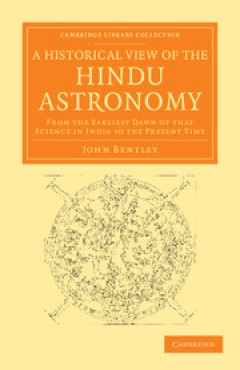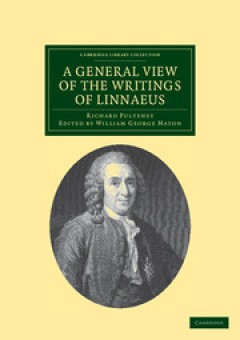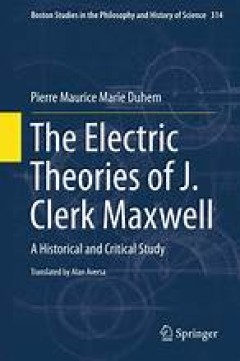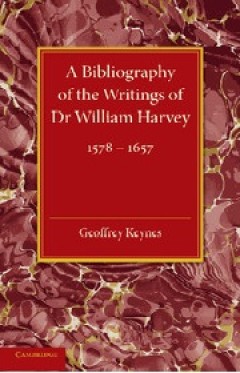Filter by

Publishing Sacrobosco’s De sphaera in Early Modern Europe
This open access volume focuses on the cultural background of the pivotal transformations of scientific knowledge in the early modern period. It investigates the rich edition history of Johannes de Sacrobosco’s Tractatus de sphaera, by far the most widely disseminated textbook on geocentric cosmology, from the unique standpoint of the many printers, publishers, and booksellers who…
- Edition
- 1
- ISBN/ISSN
- -
- Collation
- -
- Series Title
- -
- Call Number
- XIV, 492

A Historical View of the Hindu Astronomy
Shrouded in poetry, the earliest accounts of Hindu astronomy can strike modern readers as obscure. They involve the marriage of the moon to twenty-seven princesses, a war between gods and giants, and shadows that give birth to planets. In this fascinating study, first published in Calcutta in 1823 and reissued here in the 1825 edition, John Bentley (c.1750–1824) strives to strip back the myth…
- Edition
- -
- ISBN/ISSN
- 9781139506533
- Collation
- -
- Series Title
- Cambridge Library Collection - South Asian History
- Call Number
- -

A General View of the Writings of Linnaeus
Carl Linnaeus (1707–88), father of modern taxonomy, was one of the most important scientists of the eighteenth century. This biography was written by Richard Pulteney (1730–1801), a physician and botanist who greatly admired Linnaeus' methods and aimed to promote them in England. The first edition was published in 1781 and contains a thorough account of the major works of Linnaeus and his u…
- Edition
- William George Maton
- ISBN/ISSN
- 9781139095945
- Collation
- -
- Series Title
- Cambridge Library Collection - Botany and Horticulture
- Call Number
- -

The Electric Theories of J. Clerk Maxwell
In this volume Pierre Duhem first gives an overview of 19th century electricity and magnetism. Next, he applies his keen historical, philosophical, and physical intuition to critiquing Maxwell’s theories, especially his electromagnetic theory of light and the ad hoc introduction of displacement current, which he considers too much a product of the “esprit de géométrie” than the “espri…
- Edition
- 1
- ISBN/ISSN
- 978-3-319-18515-6
- Collation
- XV, 185, 1 b/w illustrations
- Series Title
- Boston Studies in the Philosophy and History of Science
- Call Number
- -

A Bibliography of the Writings of Dr William Harvey: 1578–1657
First published in 1953, as the second edition of a 1928 original, this book supplies a detailed bibliography of Dr William Harvey, who described the workings of the circulatory system in his revolutionary 1628 treatise, De Motu Cordis. Keynes notes the various editions and translations of Harvey's three key works as well as miscellaneous writings and anthologies and their locations in librarie…
- Edition
- -
- ISBN/ISSN
- 9781316529959
- Collation
- -
- Series Title
- -
- Call Number
- -

The Vienna Circle : Studies in the Origins, Development, and Influence of Log…
This abridged and revised edition of the original book (Springer-Wien-New York: 2001) offers the only comprehensive history and documentation of the Vienna Circle based on new sources with an innovative historiographical approach to the study of science. With reference to previously unpublished archival material and more recent literature, it refutes a number of widespread clichés about "neo-p…
- Edition
- -
- ISBN/ISSN
- 978-3-319-16561-5
- Collation
- -
- Series Title
- -
- Call Number
- -
 Computer Science, Information & General Works
Computer Science, Information & General Works  Philosophy & Psychology
Philosophy & Psychology  Religion
Religion  Social Sciences
Social Sciences  Language
Language  Pure Science
Pure Science  Applied Sciences
Applied Sciences  Art & Recreation
Art & Recreation  Literature
Literature  History & Geography
History & Geography